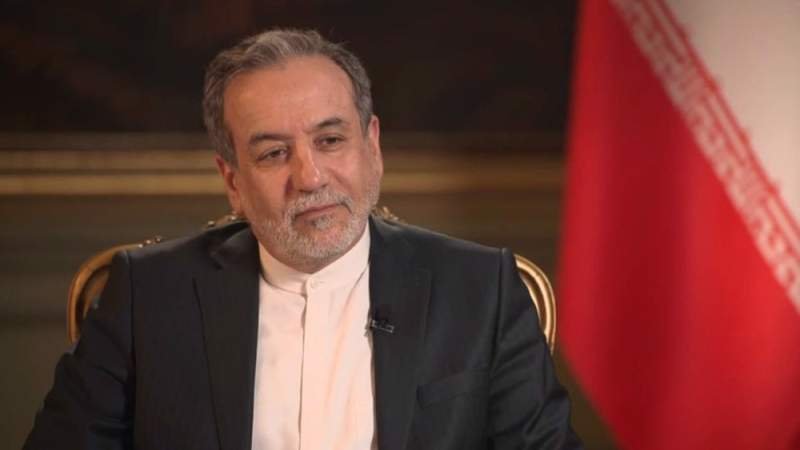Iran’s Foreign Minister Dismisses Israeli Threats—Ignoring Israel’s Recent Direct Strikes on Iranian Soil
Executive Summary
Iranian Foreign Minister Abbas Araghchi, in an interview with Russian media, mocked the idea that Israel could ever successfully strike Iran, declaring that even with U.S. help, Tel Aviv is incapable of launching military action against the Islamic Republic. Yet this defiance appears disconnected from recent reality: Israel has already conducted a major and successful strike inside Iran, targeting critical military infrastructure and air defenses. Araghchi’s remarks come as Iran deepens its alliances with Russia and China and doubles down on its rhetoric amid rising regional tensions and failed efforts to establish deterrence.
Analysis
In his appearance on Russia’s RT, Foreign Minister Araghchi scoffed at Israel’s military threats, claiming that Iran has successfully deterred any past attack and will continue to do so. “Even with American support,” he said, “the Zionist regime cannot touch us.” He pointed to Iran’s growing defense capabilities and strong regional alliances with Russia and China as evidence of strategic deterrence. His remarks also framed Iran as a force for “international peace” and highlighted an expanding partnership with Moscow under a new long-term strategic agreement.
But Araghchi’s boast is increasingly detached from on-the-ground developments. Just months prior, Israel launched a series of unprecedented direct strikes deep into Iranian territory in response to a massive ballistic missile assault from Tehran. According to multiple intelligence and military reports, the Israeli operation was one of the most significant strikes on Iranian soil since the Iran-Iraq war, involving over 100 aircraft and targeting high-value missile and drone facilities, including Iran’s prized solid-fuel missile infrastructure.
Contrary to Araghchi’s claim, Iran failed to fully intercept the incoming Israeli strikes. Critical S-300 batteries were neutralized, and drone factories and missile production lines were hit, with some estimates suggesting it could take up to a year for Iran to recover. Israel also executed symbolic strikes on the Parchin complex, associated with past nuclear weapons development. While Iranian state media downplayed the damage, satellite imagery and Western intelligence assessments indicate the attack was successful and deeply disruptive.
The disconnect between Araghchi’s rhetoric and military reality is further exposed by internal Iranian efforts to spin the situation. Iran’s government framed the attack as limited, but the IRGC vowed retaliation. Meanwhile, Yemen’s Houthi militants—aligned with Iran—have escalated drone and missile attacks on U.S. and Israeli targets, including attempted strikes on American aircraft carriers in the Red Sea and Arabian Sea. Iran’s strategy increasingly relies on proxy warfare, but the erosion of its defensive infrastructure puts the regime on the defensive, even at home.
U.S. President Donald Trump’s decision to delay a joint strike with Israel has only intensified Tehran’s narrative. Araghchi’s remarks attempt to project strength and resilience, but Israeli and American intelligence suggest Iran is more vulnerable than ever. The real risk for Tehran lies not just in Israeli warplanes but in the public unraveling of its deterrent myth—an unraveling made evident in Araghchi’s own contradictions.
Sources
Masirah TV – Araghchi Scoffs At Israel’s Threats, Says Tel Aviv Will Never Be Able to Attack
Ansar Allah Military Media – Statement from Yemeni Armed Forces, April 21, 2025
Semper Incolumem – Israel to Lead Iran Strike: JINSA Says It’s Time
Semper Incolumem – Trump Halts Israeli Strike on Iran as War Plans Leak
Carnegie Endowment – What Are Iran’s Options After the Israeli Attack?
